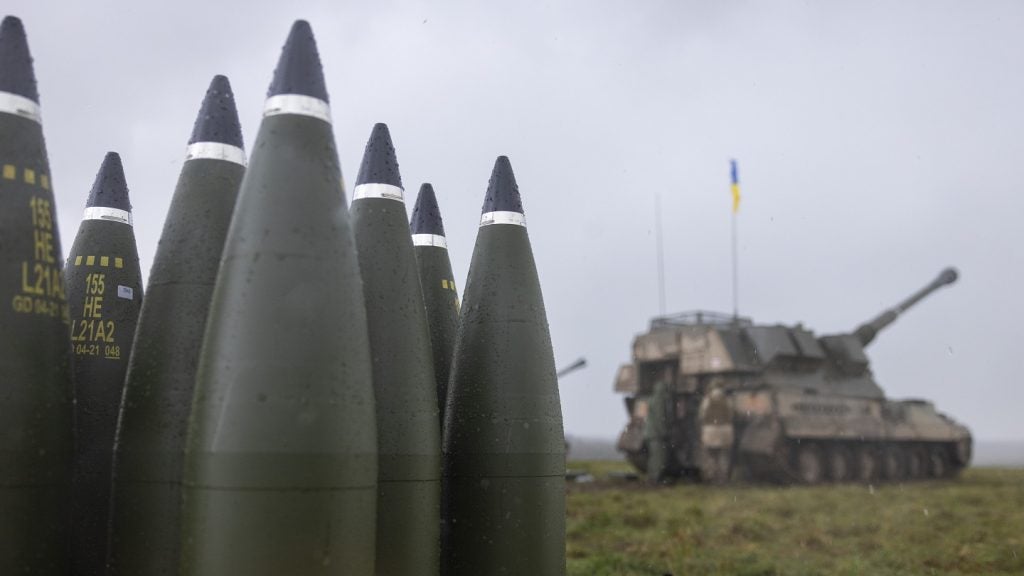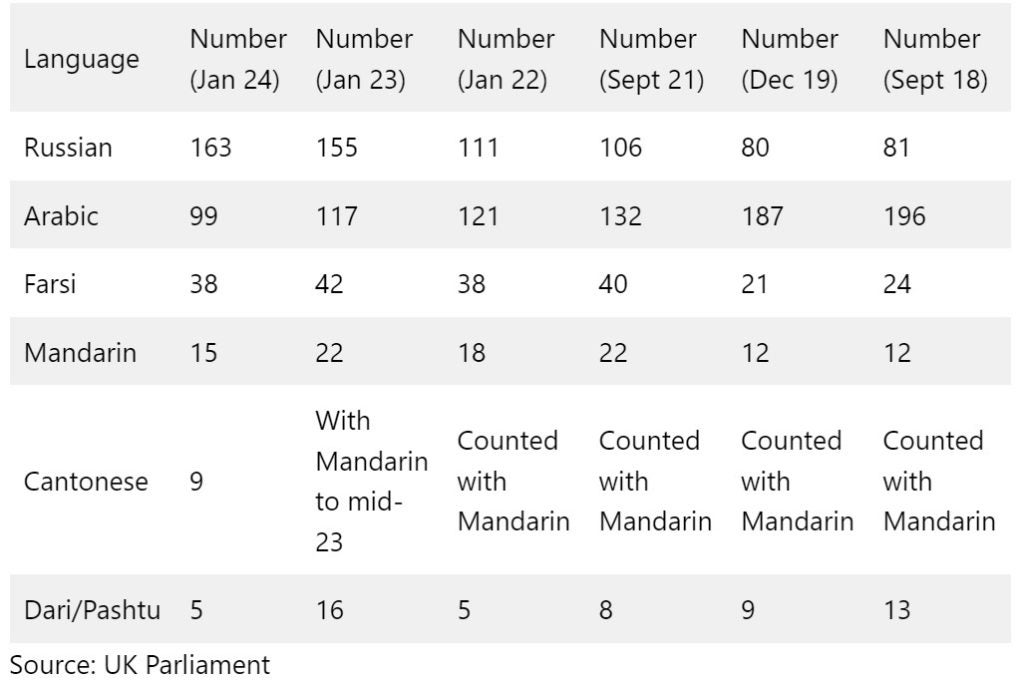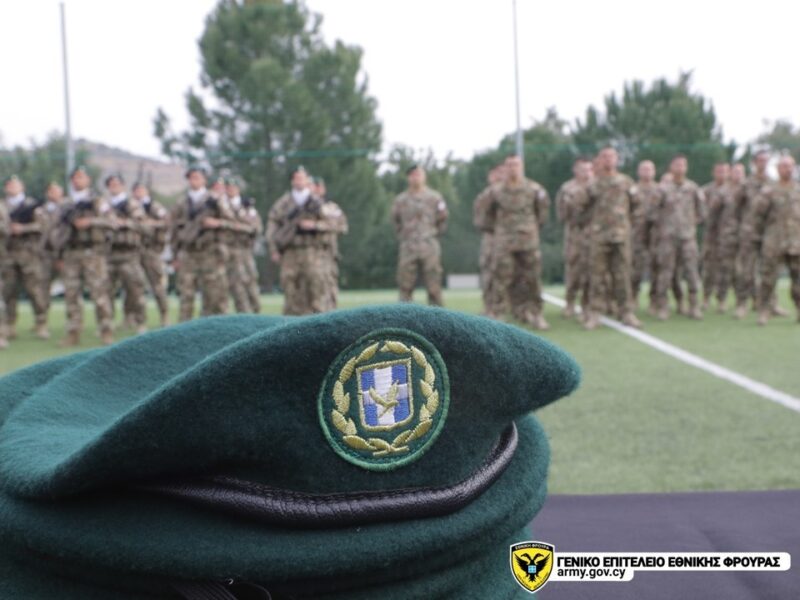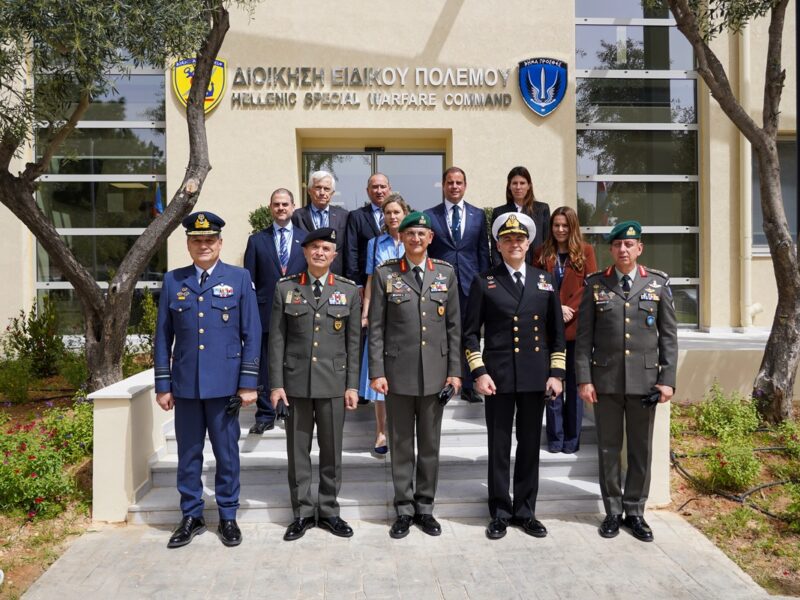The number of Russian language specialists working in the UK Ministry of Defense (MoD) and related military infrastructure has more than doubled since 2018, which corresponds to a nearly 50% drop in the number of Arabic language specialists, according to published figures recently.
Published on February 20, the figures released by the UK Foreign Office show a marked shift in language specialties and come at a time when the Western world is focused on a continental European threat as Russia continues its efforts to reshape Eastern Europe and Western Asia.
Russia’s large-scale invasion of its neighbor Ukraine in February 2022 has resulted in two years of state-to-state war as NATO moves to support Kiev against Moscow with military hardware, training and funding.
However, the invasion of Ukraine was not unique in Russia’s efforts to create a Soviet-style sphere of influence in the region, with the Crimean peninsula annexed by Ukraine in 2014 and Georgia, another neighboring country, losing land to South Ossetia and Abkhazia in a short period of time. War against Moscow in 2008.
Get access to the most comprehensive Company Profiles on the market, powered by GlobalData. Save hours of research. Gain a competitive edge.

Company Profile – free sample
Your download email will arrive shortly
We are confident in the unique quality of our company profiles. However, we want you to make the most beneficial decision for your business, so we offer a free sample that you can download by submitting the form below
From GlobalData

As a result of such actions, it is likely that Russian language skills have become more important within the corridors of the State Department’s Central Building, which has overseen the rise of Russian language specialists.
Classification of a language specialist’s ability to be a service person holding an official language assessment of the Ministry of Development Level 2 and above, or a civil servant or military officer employed in teaching language to defense personnel, the number of Russian specialists more than doubled from 81 in September 2018 to 163 until January 2024.
Changing priorities could affect language-specific requirements
Other languages assessed by the Ministry of Development included Arabic, Farsi, Mandarin, Cantonese and Dari/Pashto. Of these, Arabic language specialists in the Ministry of Foreign Affairs were reduced from 196 in September 2018 to 99 in January 2024.
The reason for such a decline was not detailed in the figures, but the withdrawal of British forces from Iraq and Afghanistan and the UK government’s shift towards the Asia-Pacific region are likely to be important factors.
Defense language specialists in the UK

Elsewhere, Mandarin specialists, which included Cantonese until mid-2023, when the latter language split, remained relatively flat from 2021-2024.
Combined Mandarin and Cantonese specialists in the Ministry of Health stand at 24, up from 22 in 2021, although this represents an increase from 2019 and 2018 where 12 specialists were recorded.
Also notable is the lack of Dari/Pashtu specialists, languages widely spoken in Afghanistan, a country where the UK was based for more than a decade from 2002 until the end of hostilities in 2014.
As of January 2024, the UK Foreign Office has just five Dari/Pashtu specialists, the joint lowest number ever recorded during the reporting period.
Read the original at Defence247.gr


